Hi everyone,
#ThreadsAndCoffee, a digital English speaking #FiberArts club based on FLOSS softwares, has had its 1st session today and will repeat next week!
Join us on saturday,
2d of november, at 8:30am UTC,
on JitsiMeet
(I expect you to have a microphone if you're able to talk, but camera is optionnal, even though it is useful to show your work!) :
meet.jit.si/moderated/1bfd60a6…
Please boost this post if you like the idea, like it if you plan to come!
@fiberarts


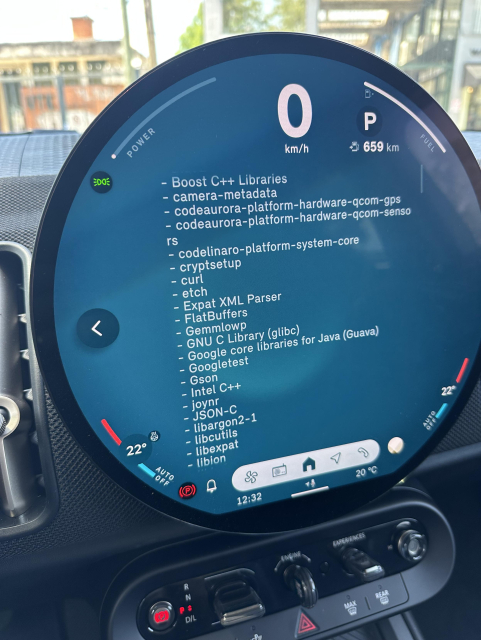




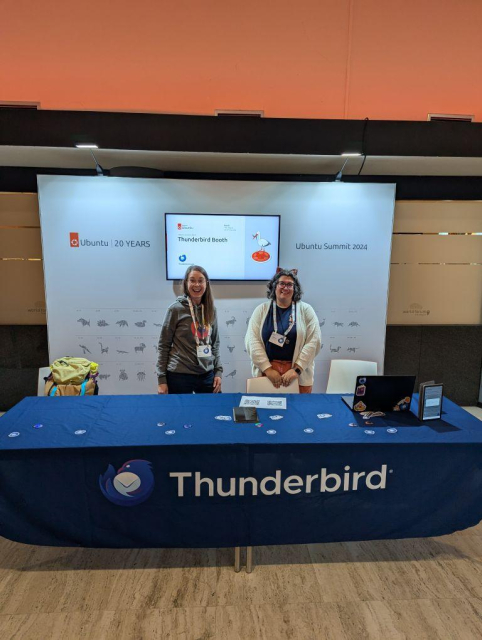
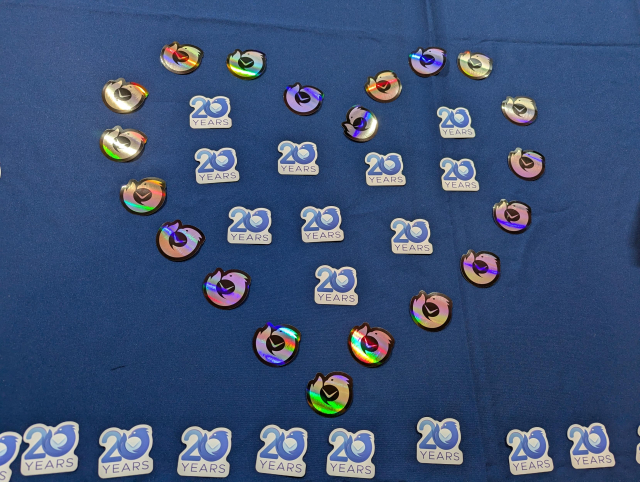


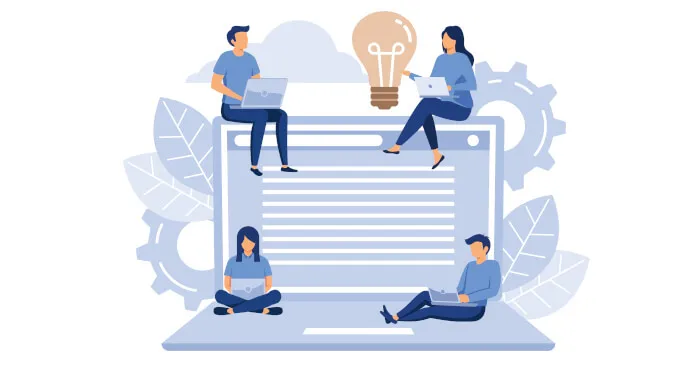







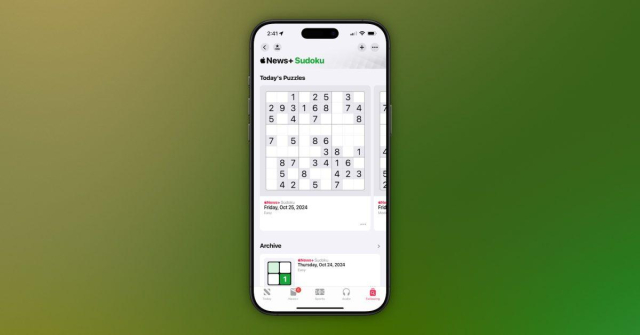
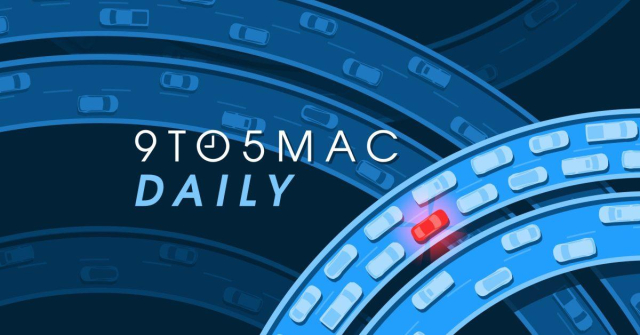

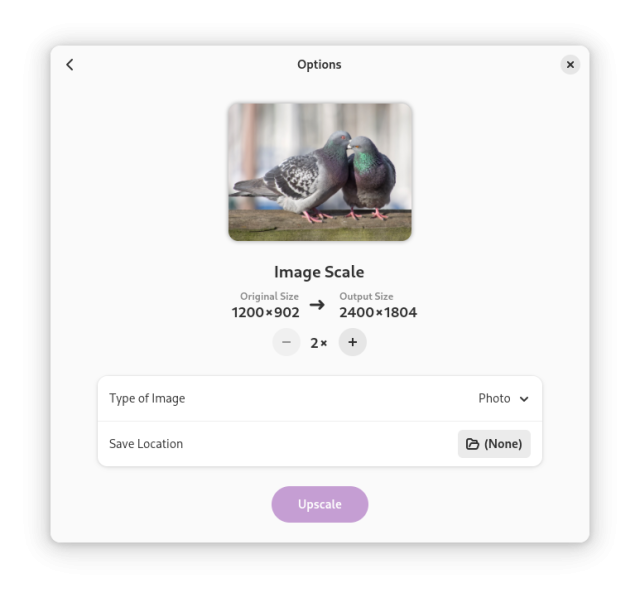
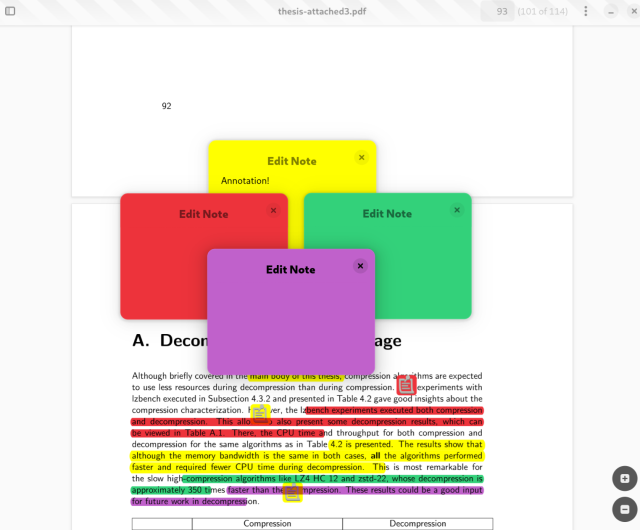
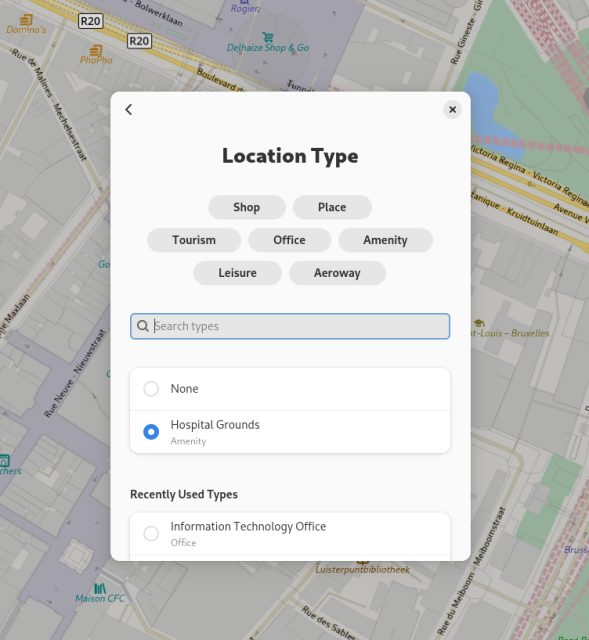
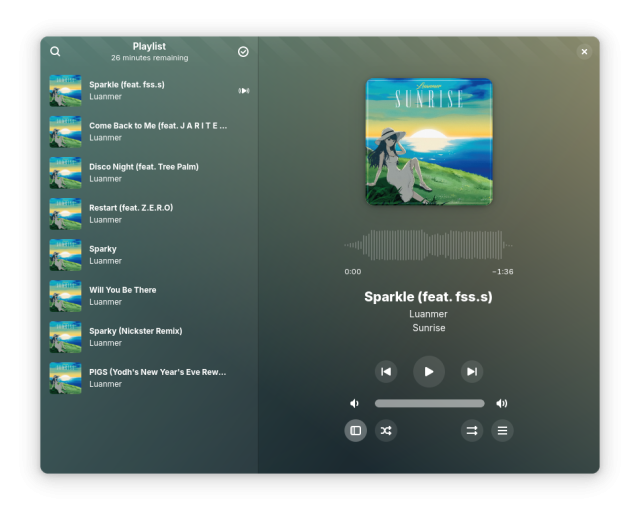
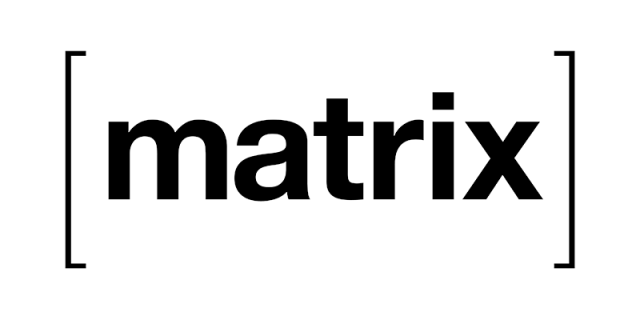


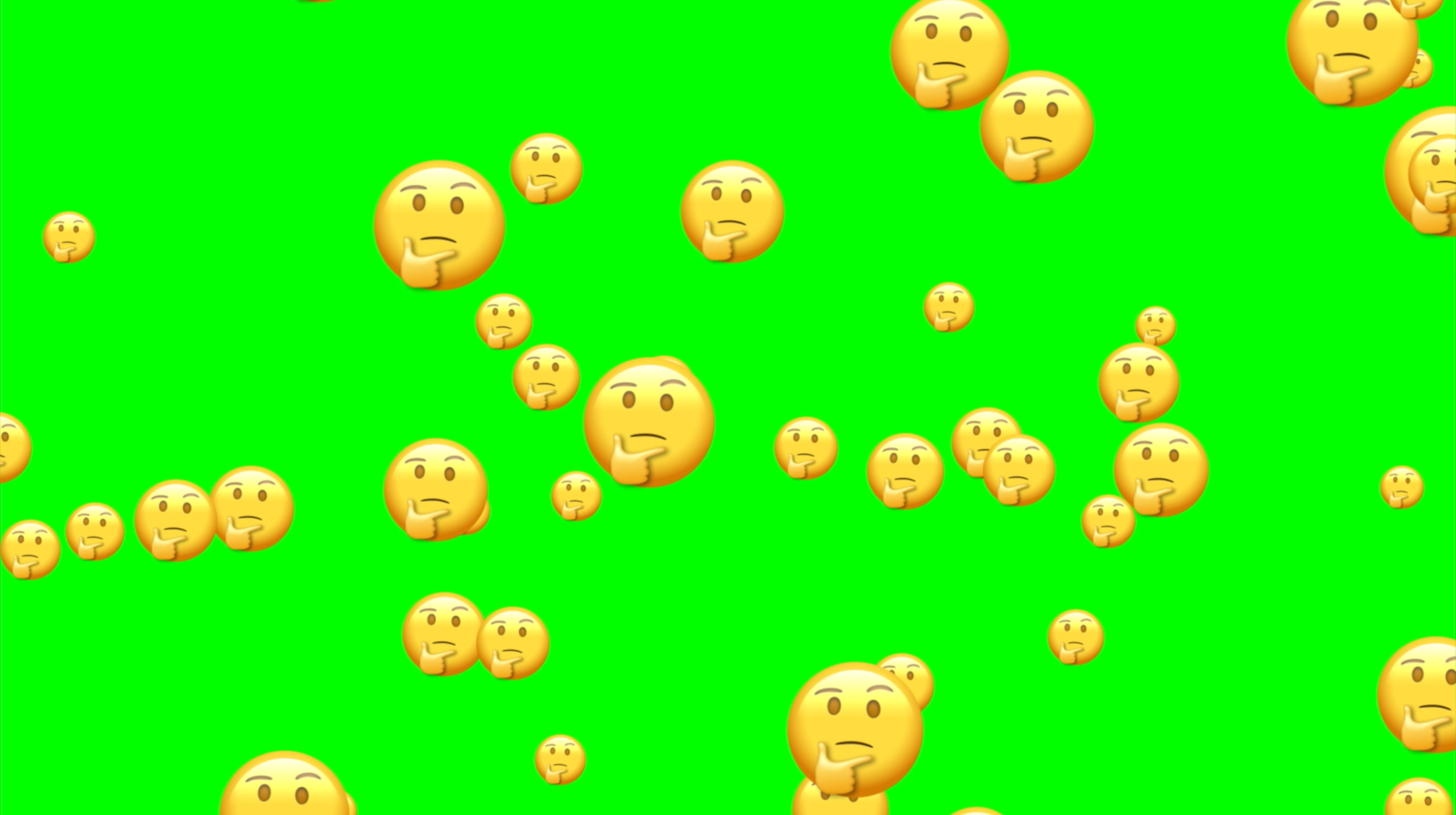



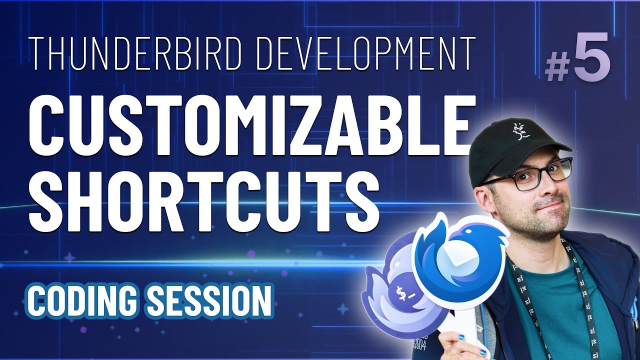

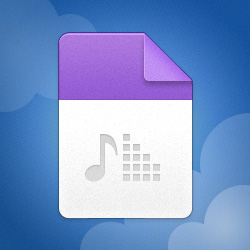


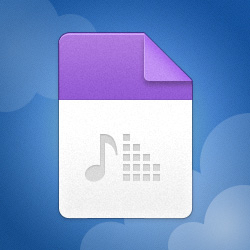

daniel:// stenberg://
Unknown parent • • •Frederik Braun �
in reply to daniel:// stenberg:// • • •daniel:// stenberg://
Unknown parent • • •kaia
in reply to daniel:// stenberg:// • • •daniel:// stenberg://
in reply to kaia • • •Clemens
in reply to daniel:// stenberg:// • • •Puppethead
in reply to daniel:// stenberg:// • • •daniel:// stenberg://
Unknown parent • • •rexi
in reply to daniel:// stenberg:// • • •linaro.org/
@bagder
"Arm Solutions at Lightspeed
Linaro empowers rapid product deployment within the dynamic Arm ecosystem. Our cutting-edge solutions and collaborative platform facilitate the swift development, testing, and delivery of Arm-based innovations, enabling businesses to stay ahead in today's competitive technology landscape."
Linaro | Arm solutions at lightspeed | Linaro
www.linaro.orgZehka
in reply to daniel:// stenberg:// • • •daniel:// stenberg://
Unknown parent • • •screenshotted curl credits
daniel.haxx.se